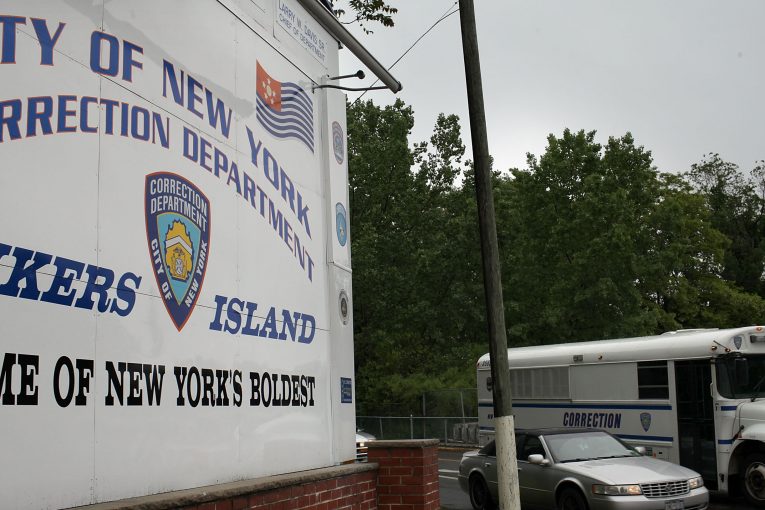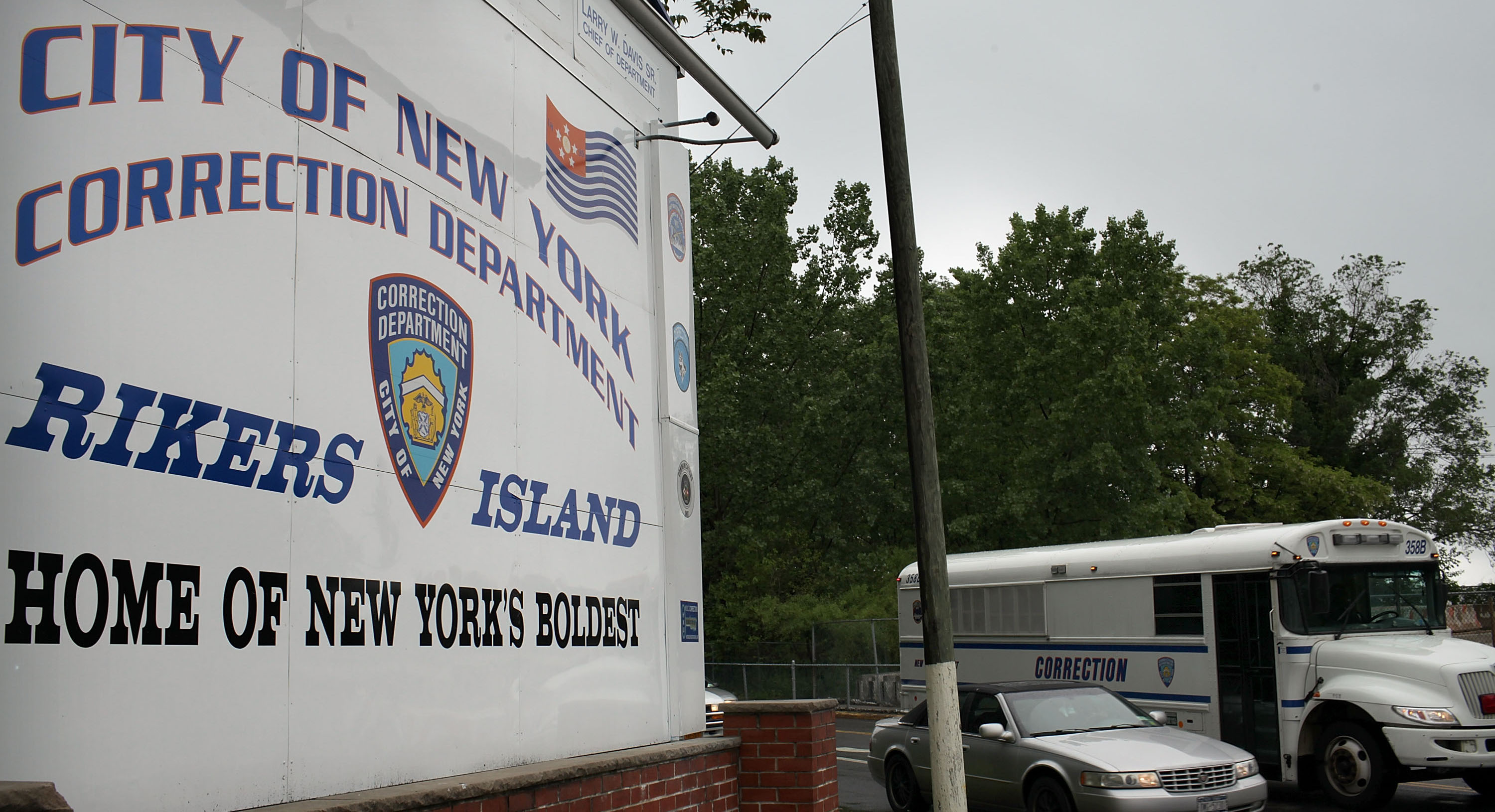

By Linh Nguyen
NEW YORK– With over 100 positive cases of COVID-19 in prison facilities in New York state, there are concerns that not enough is being done to protect incarcerated persons and guards in New York prisons.
Contrary to the belief that prisons are already tightly secured and locked down, and therefore are not affected by coronavirus, prisons are actually very vulnerable to the spread of COVID-19 among incarcerated people, guards, and staff. This is due to the close proximity of contact within these populations. Prison staff poses the biggest threat of coronavirus to incarcerated people because they could be carrying it from contact outside of prisons. Populations in prison facilities are 18 times more likely to be infected than the general population.
In an interview, New York State Senate Corrections Chair Luis Sepulveda expressed concerns about the safety of incarcerated people during this pandemic and how state authorities are managing this situation in regard to criminal justice and prison reform.
“I certainly believe that now they are taking measures,” said Sepulveda. “We perhaps did not act as quickly as I wanted to. From the very beginning, I was sending letters to the commissioner from New York City. I was having conversations with the corrections union. We were trying to be proactive from the very beginning. Unfortunately, some of the measures that could have been taken weren’t taken soon enough.”
One concern is the lack of protection offered to incarcerated people. On Apr. 1, 2020, the New York State Department of Corrections ruled that prison staff can wear N95 respirators and surgical style masks while on duty. Incarcerees in quarantine will be issued surgical style masks. These efforts are to slow or stop the entry and spread of the virus in the prison facilities.
However, Sepulveda said he is not certain that the same measures are being taken for the incarcerated population yet to be affected by the virus. Sepulveda noted that, at one point, hand sanitizer was not made available to incarcerees due to its high alcohol content. Furthermore, incarcerees were not given protective gear, including gloves or masks, unless there were confirmed cases.
Sepulveda said, “From what I’m hearing, not enough is being done to protect the inmates.”
New York Governor Andrew Cuomo is examining options of whether he will issue commutation for older incarcerees who are more at risk of the health ramifications of the virus. Governor Cuomo has not yet reached a conclusion.
One counterargument to issuing commutation for older incarcerees is the question of whether these individuals would pose a threat to society.
“In many cases, older incarcerated people do not pose a threat to society as they might have when they were younger,” said Sepulveda.
This is because of the deterioration of their health from the time spent in prison facilities, as many of older incarcerees suffer “terrible health conditions.” In general, the health of older incarcerated people is much poorer than that of those not incarcerated.
Sepulveda expressed his belief that older incarcerees who have demonstrated rehabilitative efforts while incarcerated should be released.
Some incarcerees in some New York state prisons, like Rikers Island, have already been released due to efforts to reduce the spread of COVID-19. These individuals struggle more with issues due to re-entering society, including finding housing.
This was an issue for ex-incarcerees re-entering society before the coronavirus crisis.
“We need to find housing for them,” said Sepulveda. “We cannot allow them to go into an area of high density because, again, the number of people who are being infected will quadruple.”
In addition to these criminal justice enhancements in light of the pandemic, on Apr. 2, 2020, Governor Cuomo introduced a budget bill that includes changes to the current state bail law.
Since Jan 1, 2020, the New York state bail law eliminated cash bail for most nonviolent crimes. The new changes renege on the previous law, allowing certain crimes to be eligible for cash bail, subject to the judge’s discretion. The new reform is to be effective in 90 days.
Sepulveda addressed concerns that it is difficult to categorize this change as positive or negative for criminal justice. He said that amid the coronavirus crisis, “This is not the time to be incarcerating more people,” and that the governor, mayor, or district attorney should move the effective date beyond what the 90 days are.
The reform also includes new provisions that require data for pretrial release and detention, including data on gender, race, and ethnic background. Sepulveda said that this data is critical in judging that the justice system treats all equally. In his experience, Sepulveda noticed that judges apply the law differently to different people according to their demographics.
This provision monitors how judges treat people presented before them, ensuring that people are being treated equally under the law. If found that judges are still dispensing unequal, discriminatory treatment, they could be sanctioned, removed, or subjected to other penalties.
As the uncertainty of the COVID-19 crisis continues, state officials are proceeding to make adjustments to ensure the safety of incarcerated people, correctional officers, and other staff in prisons.
To sign up for our new newsletter – Everyday Injustice – https://tinyurl.com/yyultcf9





